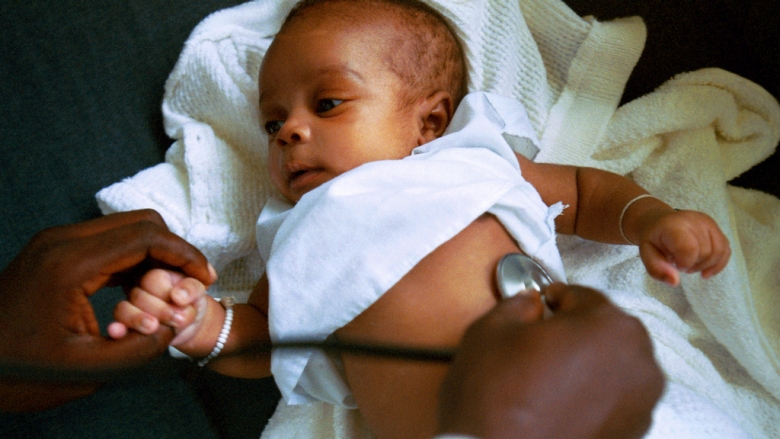
Investment in Africa’s health systems is key to inclusive and sustainable growth. Strong economic growth in recent years has helped reduce poverty to 43 percent of the population. Yet, as Africa’s population expands—it is estimated to reach 2.5 billion by 2050—the region faces a critical challenge of creating the foundations for long-term inclusive growth.
Many countries still contend with high levels of child and maternal mortality, malnutrition is far too common, and most health systems are not able to deal effectively with epidemics and the growing burden of chronic diseases, such as diabetes.
These challenges call for renewed commitments and accelerated progress toward Universal Health Coverage (UHC) – the principle that everyone receives needed health services without financial hardship.
Most African countries have integrated UHC as a goal in their national health strategies. Yet, progress in translating these commitments into expanded domestic resources for health, effective development assistance, and ultimately, equitable and quality health servives, and increased financial protection, has been slow.
Countries that achieve their UHC targets by 2030 will eliminate preventable maternal and child deaths, strengthen resilience to public health emergencies, reduce financial hardship linked to illness, and strengthen the foundations for long-term economic growth.
There is no one-size-fits-all approach to achieving UHC – strategies will depend on local circumstance and national dialogue
Despite the great diversity of African countries, many are facing common challenges. This framework proposes a set of actions for countries and stakeholders involved in the UHC process. It is intended to stimulate action by demonstrating that progress toward UHC is not only possible, it is also essential.
___
Source here
